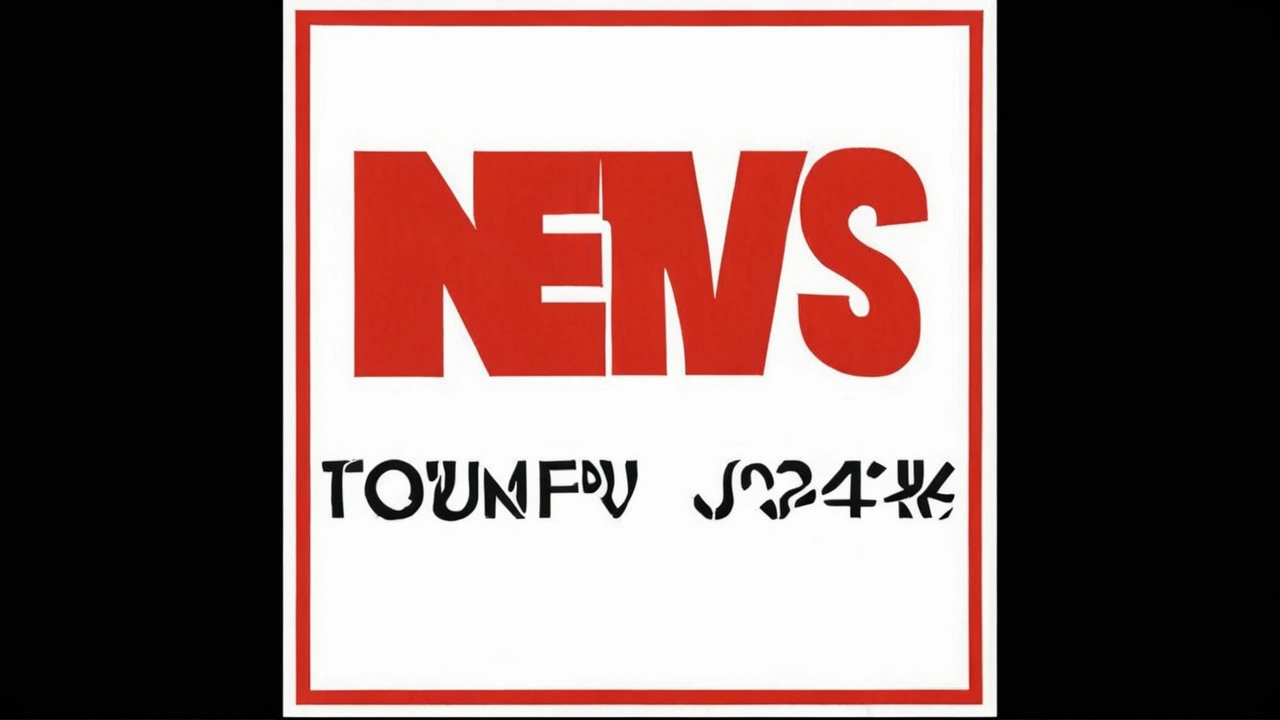Financial support: Practical ways to find funding fast
Need money for school, a small business, or an emergency? Finding reliable financial support doesn’t have to be a maze. Start by matching your need to the right type of funding: grants, loans, scholarships, community funds, or crowdfunding. Each option has different rules, timeline, and risks. Below are clear steps you can follow right away.
Where to find financial support
Look in places people often miss. Government programs and local councils usually list small-business grants, youth funds, and emergency relief online or at local offices. Check with community organisations and churches — they often help with short-term support or refer you to partners.
Microfinance institutions and credit unions offer small loans with simpler requirements than big banks. International platforms like microloan groups and well-known crowdfunding sites let you pitch your idea to a global audience. For education costs, search for scholarships from universities, charities, and foundations that focus on African students.
Don’t forget informal options. Rotating savings and credit associations (ROSCA) — where a group saves together and takes turns getting the pot — are common and effective. Family and friends are another source, but agree terms clearly to avoid conflicts.
How to improve your chances of getting support
Prepare one clear document that explains what you need, why you need it, and how you will use the money. Keep it simple: a short budget, a timeline, and expected results. If you’re applying for a business grant, include basic sales forecasts and a plan for repayment if it’s a loan.
Proof matters. Have ID, bank info, and any relevant certificates ready. If you need references, ask community leaders, past employers, or teachers who know your work. For scholarships, highlight grades, extracurriculars, or community work with concrete examples.
Apply broadly but tailor each application. A single form letter won’t beat a targeted application that mentions the funder’s goals. Meet deadlines and follow application instructions exactly — missing one required document often equals rejection.
Watch for scams. Legitimate programs won’t ask for large upfront fees or secret payment methods. If someone pressures you to pay to apply or guarantees success, step back and verify their credentials.
Finally, track your applications. Use a simple spreadsheet with deadlines, contact names, and outcomes. Celebrate small wins and learn from rejections — adjust your message, tighten the budget, or get a better reference.
Want a quick checklist to start? 1) Name the expense and amount. 2) Pick three likely funders. 3) Gather ID and a short budget. 4) Apply to at least two options this week. Small steps move you closer to the support you need.
- July 8, 2024
- Comments 10
- Science

